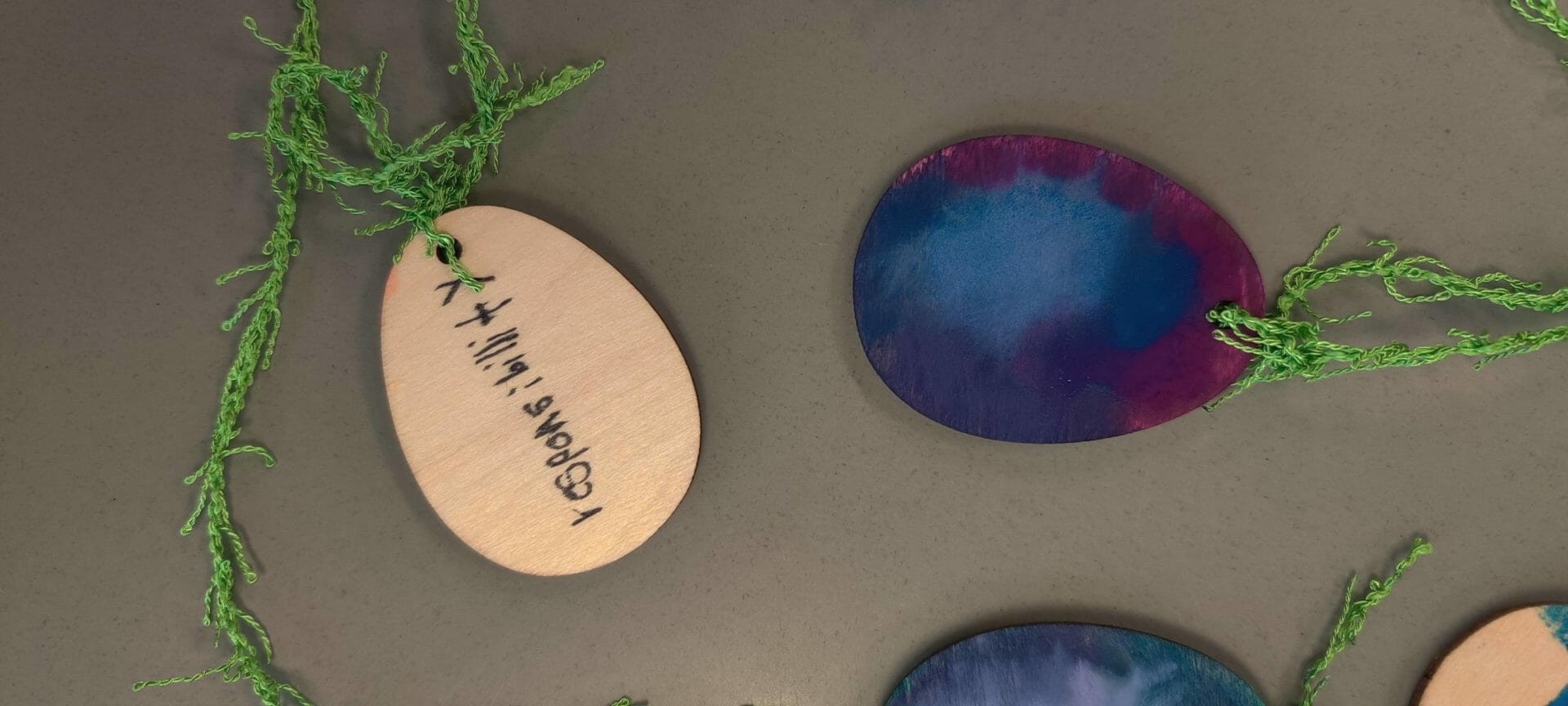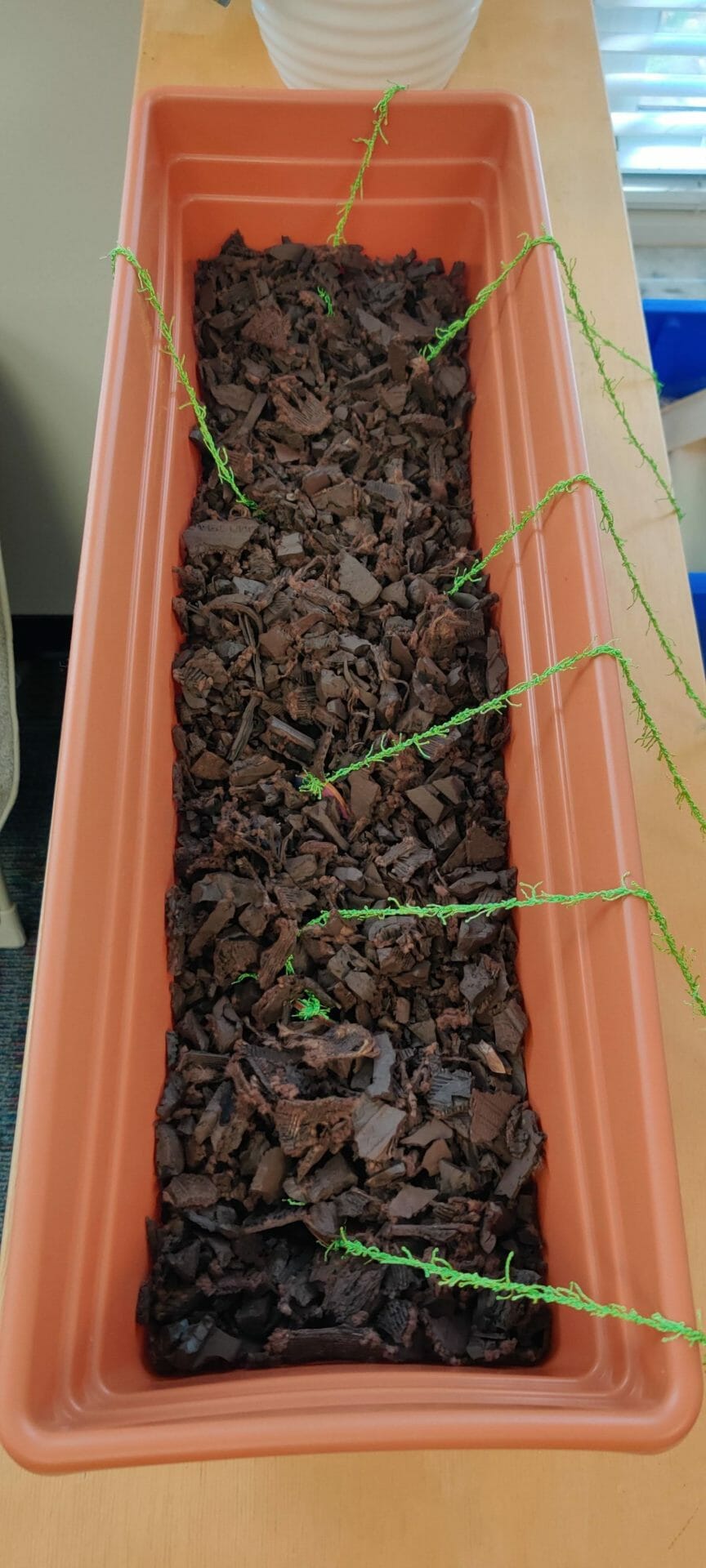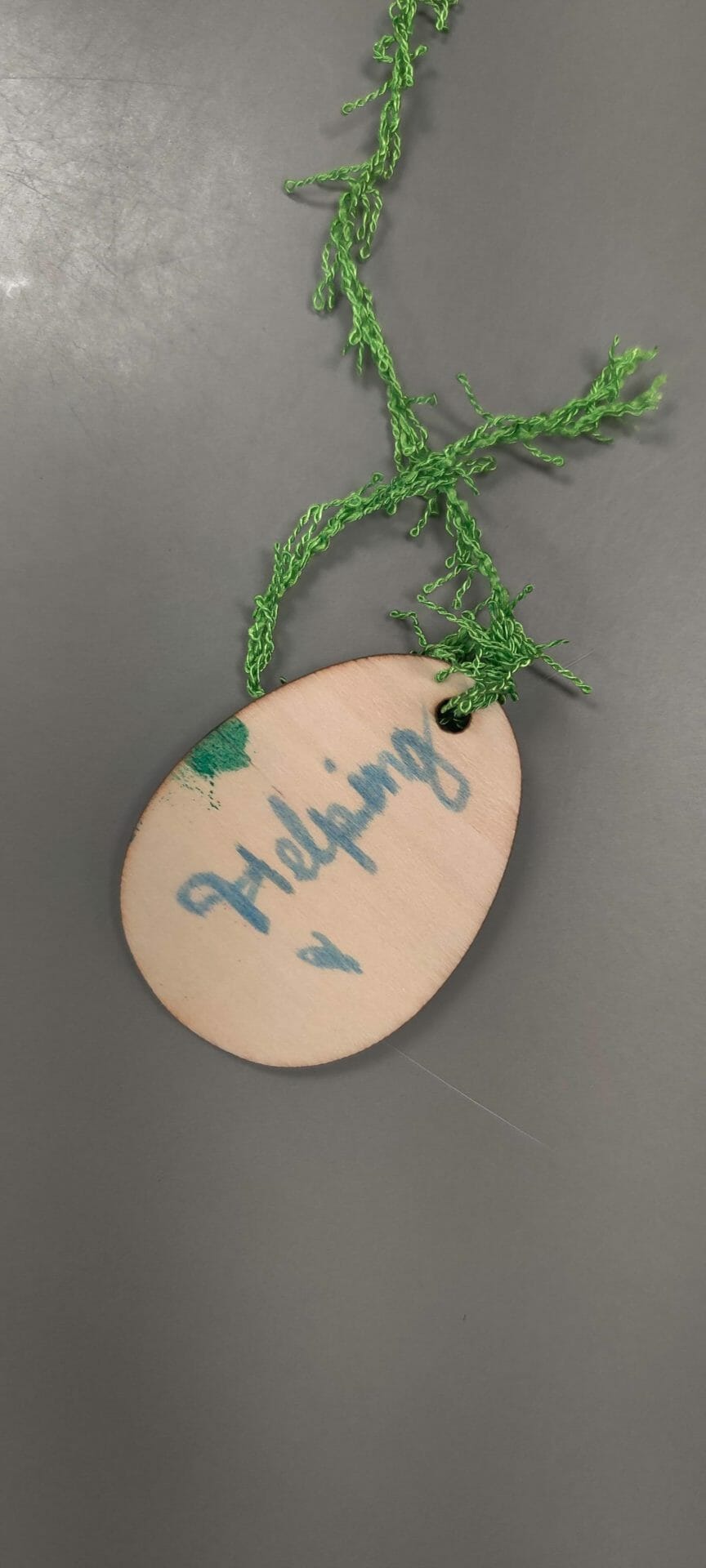What makes someone a good friend? What qualities do they possess? Our third- and fourth-grade classes are learning all about friendships through growing their very own friendship gardens!
Led by our Lower and Middle School Counselor Susie McGaughey, these Beasley students are discussing the different stages of developing a friendship. “So far, we have talked about how gardens start from seeds, and we identified ‘seeds of friendship’ that we’ve experienced or noticed being ‘planted’ around our school already,” Susie explained. “Students shared experiences of being new and having someone invite them to play or ask them their name. They shared gestures other students have made to be kind to them when they’re upset.”
Next, the blossoming friends talked about important qualities in healthy friendships, and they identified which traits they’d like to see grow in their classrooms this year. Then, each child was tasked with choosing one seed of friendship (i.e. kindness, respect, trust, empathy, honesty, etc.) to focus on growing in their own friendship gardens.
To bring this social-emotional learning project to life, students put on their imaginary gardening gloves to, of course, plant their meaningful gardens in clever ways! Third graders decorated small, wooden seeds and planted them in flower boxes; fourth graders created a paper mural. They all decorated the gardens by sharing examples of the quality they chose and by following a prompt: “If ‘X’ was to grow in our garden, what might we see?” Read the examples shared in the classroom:
- If respect is growing healthy and strong in our garden, we might see kids listening without interrupting when others are talking.
- If belonging is growing healthy and strong, we might see kids inviting each other into our games at recess.
- If forgiveness is growing healthy and strong, we might see kids not making a big deal if someone accidentally bumps into them or we might see them accepting an apology when someone says sorry for saying something unkind.
- If patience is growing healthy and strong, we might see kids taking time to help someone who is behind.
Overall, students will watch their gardens grow as they grow in their understanding of how to be good friends to one another. They’ll be exploring lessons on developing healthy relationships—how to initiate conversations, how to welcome and invite people in, and how to effectively communicate with others. They’ll talk about how to assess the health of our relationships—testing their soil periodically—noticing and discussing how they are displaying these friendship qualities in their daily interactions. They’ll discuss ideas for ‘watering’ and nurturing friendships that are struggling. They’ll use the idea of ‘plots’ and ‘fences’ to learn about the importance of having some limits and boundaries with others and how to respect one another’s need for space at times. When weeds appear in their garden, they’ll learn techniques for dealing with conflicts including using “I” statements and taking turns sharing their feelings and their perspectives.
Susie shared, “I have had so many students come to me because they fear that the friend that they had yesterday is no longer their friend today. They see problems and conflicts as destroyers of friendship, and some students are worried because they don’t know how to make friends. I hope that by using the metaphor of a garden, students can learn that growing friendships takes time and nurturing. That, like flowers and plants, some days our friendships are going to look and bright and beautiful and some days they are going to be brown and droopy. But, it is possible to care for them, water them, and nurture them back into health. I hope they also learn that strong friendships can grow from the smallest seeds of kindness.”
We can’t wait to continue to see these budding, thoughtful friendships flourish and grow in Beasley Lower School throughout the school year!





























